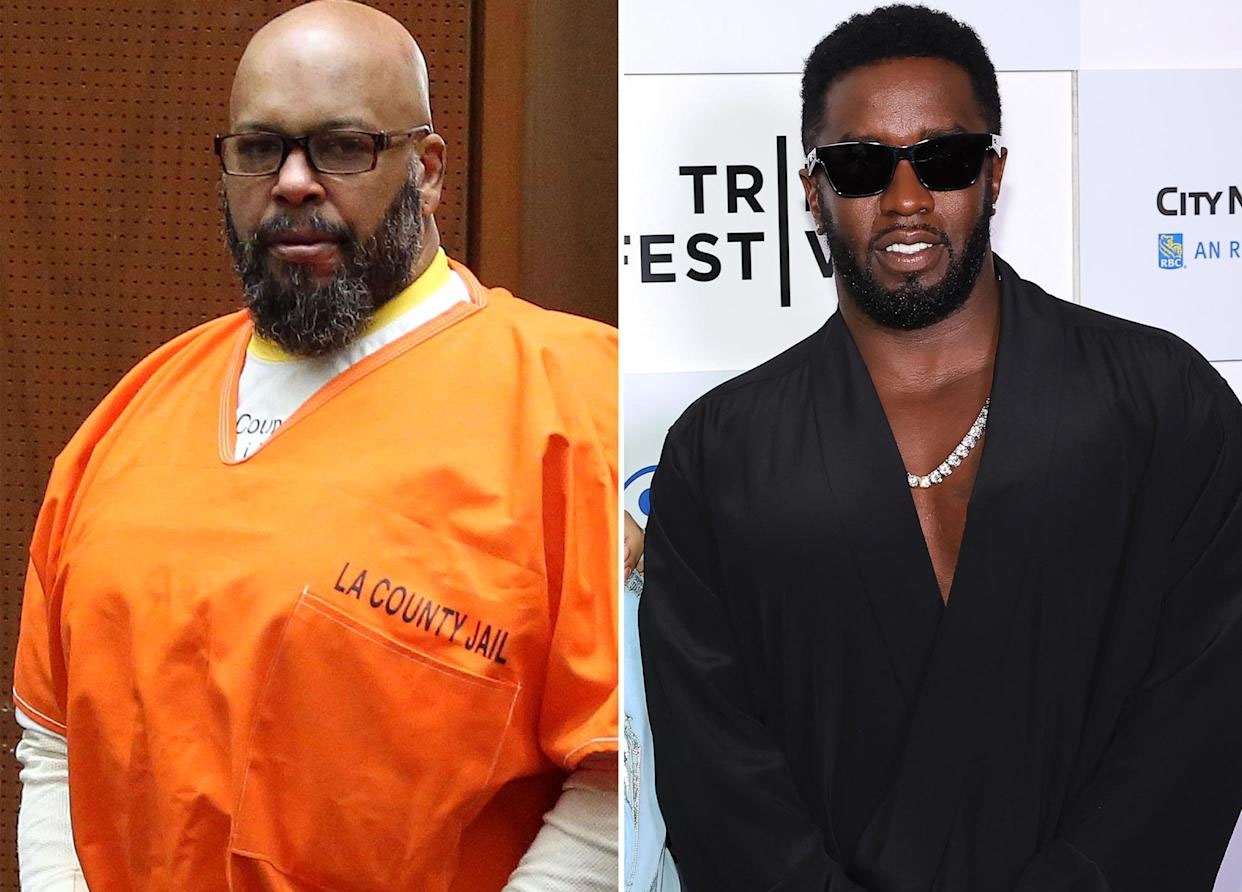
Photo Credit: Getty Images
Suge Knight, once a towering figure in rap's Death Row Records era and now serving a 28-year sentence, has emerged as an unexpected critic of the hip-hop mogul. Despite their storied rivalry and Knight's own legal woes, his recent statements to People from prison suggest a stark shift in perspective regarding Combs' alleged crimes against Casandra "Cassie" Ventura.
Throughout the trial, Knight refrained from public condemnation, standing by Combs amid accusations of sex trafficking and racketeering. However, recent revelations, including Ventura's harrowing testimony and damning surveillance footage, have prompted Knight to denounce his former rival's actions unequivocally. In his blunt words, Knight asserts that Combs deserves incarceration, emphasizing that no person should escape accountability for such egregious mistreatment of women.
Reflecting on the courtroom revelations, Knight expressed profound dismay at Ventura's ordeal, citing video evidence that allegedly captures Combs assaulting her in a Los Angeles hotel. The footage portrays a disturbing scene where Combs, in a fit of rage, reportedly inflicted physical harm on Ventura, leaving her visibly shaken and injured. Knight's reaction underscores a broader societal concern about violence against women, highlighting the need for strict accountability regardless of social status or wealth.
Moreover, Knight addressed the broader implications of Combs' alleged misconduct within the entertainment industry. He criticized what he perceives as a culture of impunity that shields influential figures from scrutiny, comparing Combs' downfall to other high-profile cases of abuse that have rocked the media and entertainment sectors in recent years.
While Combs initially denied Ventura's allegations and challenged the authenticity of incriminating footage, Knight's stance remains resolute. He contends that only through genuine contrition and a willingness to confront the truth can Combs begin to make amends for his actions. Knight advocates for Combs to testify truthfully, urging him to take responsibility and provide closure to those affected by his alleged misconduct.
As the legal proceedings continue to unfold, Knight's unexpected condemnation serves as a reminder of the complexities surrounding allegations of abuse and the importance of holding individuals accountable for their actions, irrespective of their prominence or influence. The case has ignited a public discourse on justice, gender equality, and the responsibilities that accompany fame and power.